|
Celebrating Father’s Day allows us to honor both the journey of fatherhood as well as the role fathers play in children's lives. It's a day to appreciate the love, guidance, and support that fathers provide. But it’s also an opportunity to reflect on the evolving dynamics of family planning and the crucial role male contraception plays in empowering men to take control of their reproductive health and family planning decisions.
0 Comments
Reproductive aging is a natural process that impacts all people, yet it’s often surrounded by myths and misconceptions. As we age, our reproductive systems undergo significant changes that can impact fertility, hormonal balance, and overall health. Understanding these changes is crucial for making informed decisions about family planning and health management.
In the realm of reproductive health and family planning, women have long borne the lion's share of responsibility. From birth control pills to IUDs, the array of options available to women far exceeds those for men. However, the landscape is shifting, and the future of male contraception is bright, offering new hope for shared reproductive responsibility.
This blog series highlights pertinent publications that were featured in MCI's monthly newsletter editions in the first quarter of 2024. The purpose of this blog is to report interesting or relevant work from MCI Fellows, Grantees, staff members, and other community authors in the field of male contraception.
Dear Friends of MCI,
While most people probably think about MCI as an organization that makes grants to developers of nonhormonal male contraceptive methods, another vital and somewhat overlooked aspect of our work is our communications efforts. It is easy to see why this is the case as grants are an obvious and critical part of ensuring that male contraceptives become a reality. However, the funding that supports those grants relies heavily on the ability of our team to effectively communicate the demand for male contraceptive methods, the public health relevance, the successes, the challenges, and the other myriad of reasons why people should pay attention to the work of our grantees and colleagues. Celebrating Women's History Month: Advancing Reproductive Autonomy Through Male Contraception3/7/2024 March is Women's History Month, a time to honor the achievements and contributions of women throughout history and in contemporary society. As we at MCI look to celebrate the progress made in advancing gender equality and women's rights, we also recognize the role that male contraception can play in promoting reproductive autonomy for all individuals, regardless of gender. At MCI, we believe that empowering individuals with diverse contraceptive options is crucial for achieving true reproductive freedom.
MCI's Youth Advisory Board (YAB) is a group of young people (16-28) providing their perspectives to our work and advocating for male contraception. It is a group of passionate young leaders involved in advising MCI’s staff on advocacy and research efforts, and peer educators and advocates for male contraception. In this blog post, YAB member Lennox Masika reflects on his experience collaborating with MCI.
MCI's Youth Advisory Board (YAB) offers an undergraduate research opportunity in an effort to engage young scholars in the field of male contraception. The YAB Project Grant is for undergraduate students all over the world seeking to advocate for male contraception. MCI's support allows students to receive mentorship and further their research experience through creating projects related to new male contraception. The opportunity was made available with support from the Parsemus Foundation and contributions from Male Contraceptive Initiative.
When it comes to contraception, the conversation often has women take full responsibility. However, the landscape is changing, and male contraception is emerging as a crucial aspect of reproductive health that can have a significant impact on relationships. The availability of male contraceptive options not only provides men with greater reproductive autonomy, but also has the potential to foster healthier and more equitable relationships.
The prostate is part of the male reproductive system. A walnut-sized gland located between the male bladder and the penis, the prostate sits just in front of the rectum. The urethra runs from the bladder to the penis, through the center of the prostate.
As we embark on the journey to revolutionize family planning and contribute to the development of non-hormonal, reversible male birth control, it's essential to navigate the intricate landscape of clinical trials. Clinical trials play a pivotal role in vetting and approving new drugs, ensuring their safety and efficacy. However, the path to bringing innovative contraceptive solutions to market is riddled with challenges. In this blog post, we delve into the multifaceted challenges associated with clinical trials for non-hormonal, reversible male birth control and explore the strategies and considerations necessary to overcome these hurdles.
This blog series highlights pertinent publications that were featured in MCI's monthly newsletter editions in the fourth quarter of 2023. The purpose of this blog is to report interesting or relevant work from MCI Fellows, Grantees, staff members, and other community authors in the field of male contraception.
In the pursuit of reproductive autonomy, it is imperative to foster an inclusive approach to contraception that transcends gender norms. As we champion a future where individuals of all genders share the responsibility for family planning, the development of new forms of non-hormonal, reversible male birth control emerges as a crucial step towards achieving this vision. In this blog post, we explore why everyone should rally behind and actively support the research, development, and accessibility of male contraceptives that offer safety, efficacy, and a pathway to shared responsibility in reproductive choices.
Empowering Reproductive Autonomy: The Imperative for Non-Hormonal, Reversible Male Birth Control12/8/2023 In the pursuit of reproductive autonomy for all individuals, it is essential to recognize and address the asymmetry in contraceptive options. Historically, the burden of preventing unintended pregnancies has disproportionately fallen on women. To achieve true reproductive autonomy, we must advocate for and invest in the development of new forms of non-hormonal, reversible male birth control. This blog post delves into the reasons why male methods of contraception are critical for fostering equality, shared responsibility, and empowering individuals of all genders in their reproductive choices.
As we continue our educational series on male reproductive biology and its relevance to the development of non-hormonal, reversible male birth control, we turn our attention to an often overlooked aspect of male reproductive health - testicular aging. Understanding the processes that underlie the aging of the testes is crucial for developing effective male contraception methods.
World Vasectomy Day: Celebrating Choice and Advocating for Reversible Male Contraceptives11/17/2023 World Vasectomy Day is an occasion to celebrate not only the significance of vasectomy as a reliable and effective male contraceptive method but also to emphasize the importance of expanding the range of reversible male contraceptive options. In this blog post, we will delve into the world of vasectomy, its benefits, and the pressing need for more reversible male contraceptive alternatives. Join us as we celebrate World Vasectomy Day and advocate for greater choices in family planning.
This blog series highlights pertinent publications that were featured in MCI's monthly newsletter editions in the third quarter of 2023. The purpose of this blog is to report interesting or relevant work from MCI Fellows, Grantees, staff members, and other community authors in the field of male contraception.
World Contraception Day, observed annually on September 26th, serves as a global reminder of the significance of contraception in family planning, reproductive health, and gender equality. It is an opportunity to celebrate the progress made in reproductive healthcare and renew our commitment to empowering individuals of all genders in their reproductive health decisions.
Tubal ligation is a surgical procedure that provides permanent protection from pregnancy. It is also known as tubal sterilization, tubal ligation, voluntary surgical contraception, tubectomy, bi-tubal ligation, tying the tubes, minilap, or “the operation”.
Our most recent MCI Fellow Ayotomiwa Oludahunsi sat down with us to discuss her interest in male contraception and motivation in her work. This blog post shares highlights from that conversation.
Our most recent MCI fellow Stephany Strahle sat down with us to discuss her interest in male contraception and motivation in her work. This blog post shares highlights from that conversation
When it comes to discussions about contraception, the focus often centers around women's choices and responsibilities. However, male contraception is an essential and often overlooked aspect of family planning. In recent years, there has been a growing interest in developing new and effective methods of male contraception that can provide men with more control over their reproductive choices. By embracing and promoting male contraception, we can redefine masculinity and empower men to take an active role in family planning and sexual health.
Female condoms are linings made of thin, transparent, soft plastic film that fit loosely inside the vagina. They are often made out of latex, polyurethane, or nitrile. They act as a barrier to block semen and other bodily fluids from entering the cervix.
Support for young researchers is a key pillar of MCI’s work in furthering the progress of male contraception. We find it so important that we have a variety of ways to get behind today’s brightest, including a fellowship program, internships, and our Trainee Success program. The Trainee Success Program is one of our most versatile ways to help young researchers as it comes to meet students where they are. If they are in need of travel support, professional development, or other help, our Success Program can find a way to develop these young scientists in such a way that the future of male contraception is sustained for years to come.
When it comes to contraception, women have historically shouldered most of the burden. From pills to IUDs, the majority of contraceptive methods have been designed with women in mind. However, there is a growing need for more male contraceptive options that are safe, effective, and easy to use
|
Categories
All
Archives
June 2024
|
|
|
Donate to Male Contraceptive InitiativeYour generous donation makes a difference!
|
© Male Contraceptive Initiative. All rights reserved.




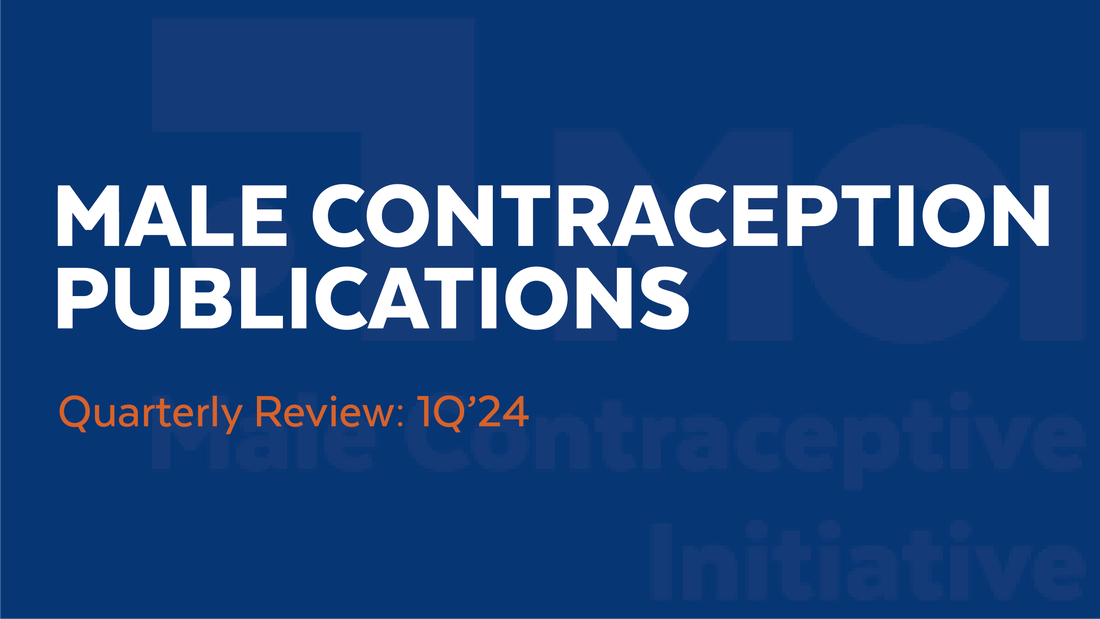


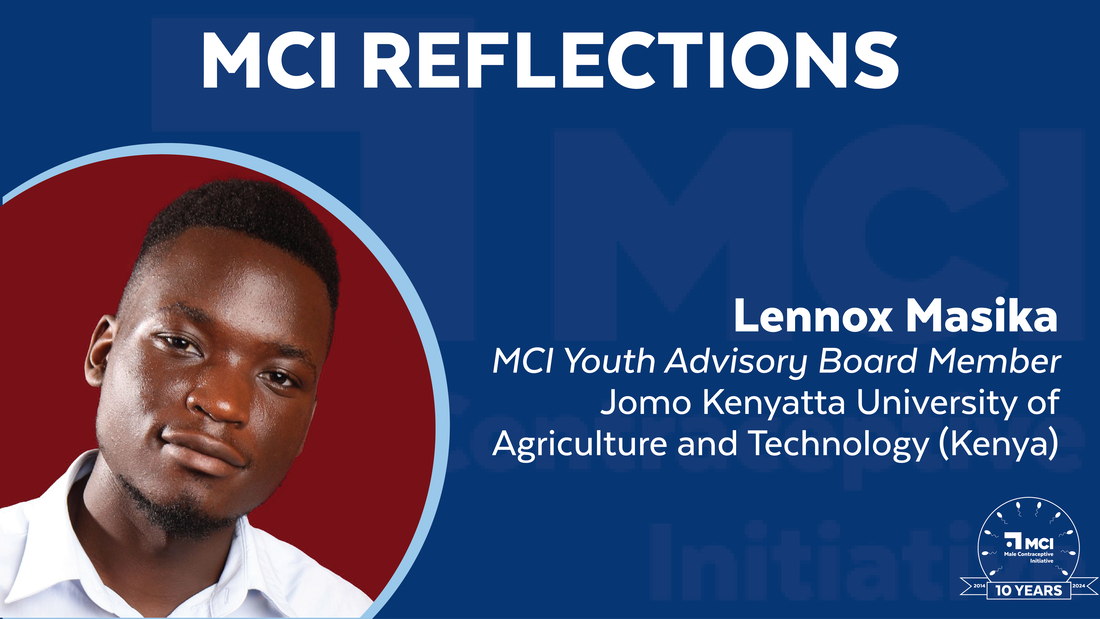




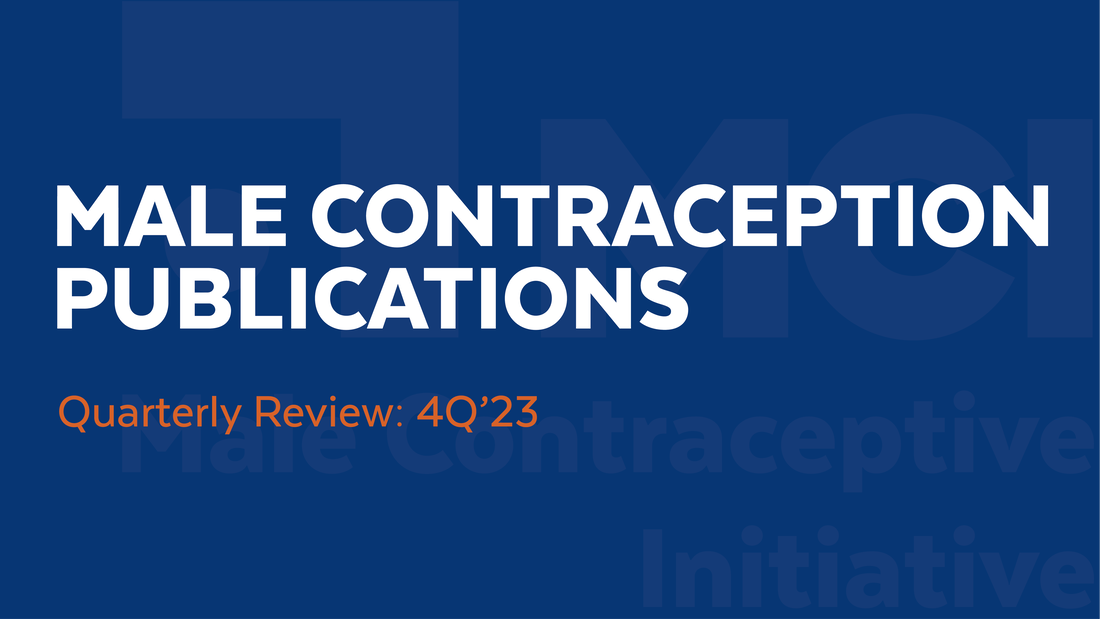




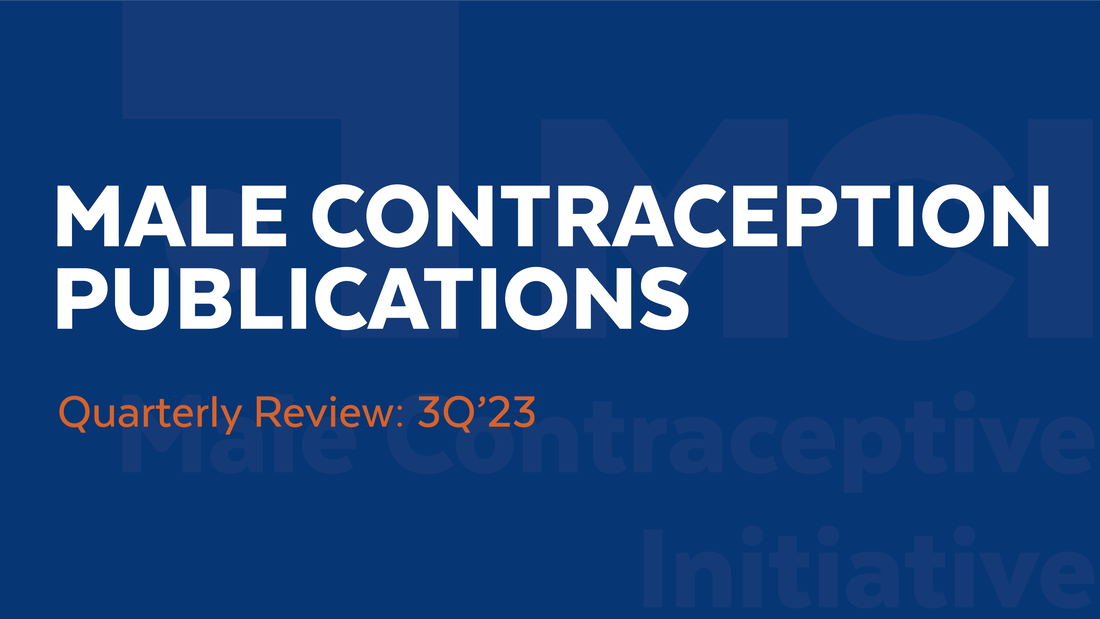


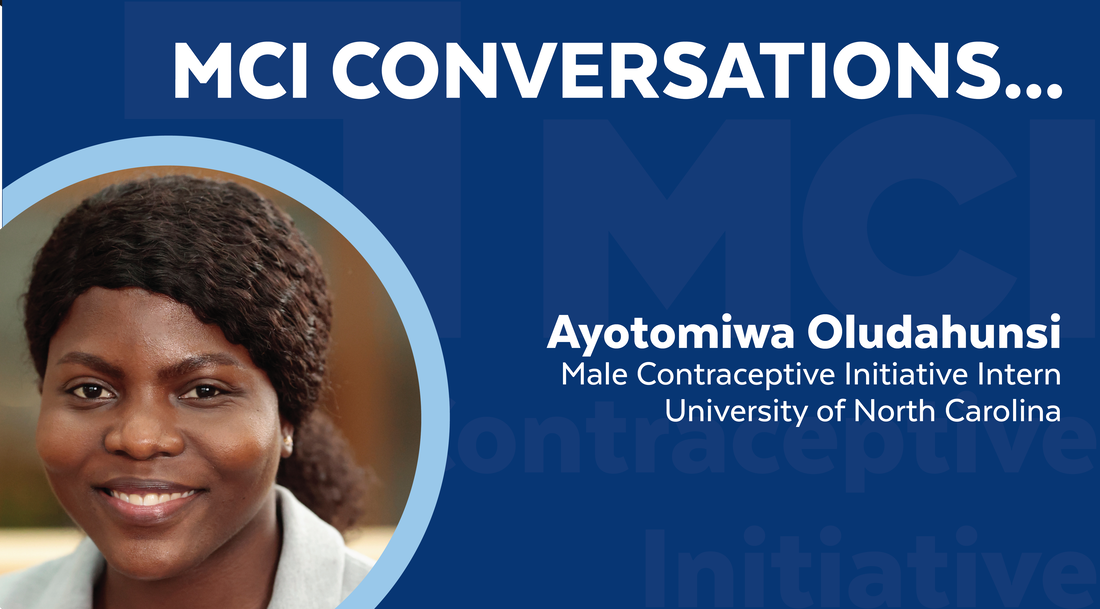
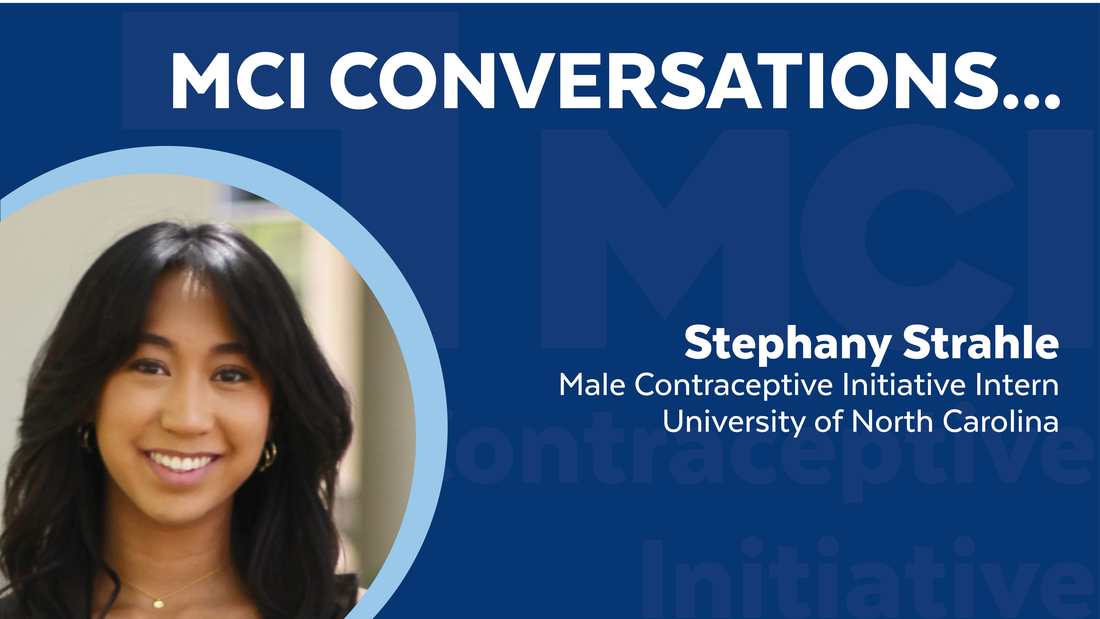




 RSS Feed
RSS Feed
